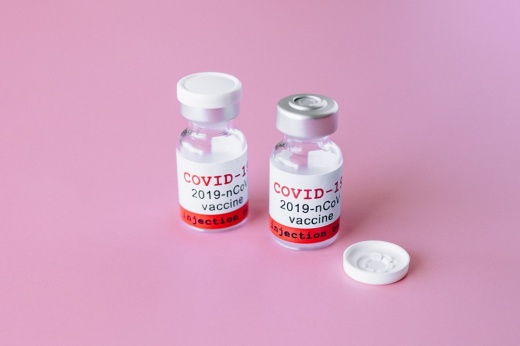The Pfizer vaccine for those in the 5-11 age group will require two doses, three weeks apart, but at a lower dose, 10 micrograms, than that used for those 12 and older, 30 micrograms, the release said.
“Vaccinating younger children against COVID-19 will bring us closer to returning to a sense of normalcy,” acting FDA Commissioner Janet Woodcock said in the release. “Our comprehensive and rigorous evaluation of the data pertaining to the vaccine’s safety and effectiveness should help assure parents and guardians that this vaccine meets our high standards.”
The FDA’s decision was based on the evaluation of data that included input from independent advisory committee experts who overwhelmingly voted in favor of making the vaccine available to the 5-11 age group, according to the news release.
The available data that supported the emergency use authorization comes from an ongoing study that included more than 4,600 participants across the U.S., Finland, Poland and Spain in the 5-11 age range.
According to the release, 3,100 individuals were given the Pfizer vaccine, and the remaining were given a placebo. In the trial, a total of 1,444 vaccine recipients were followed for safety for at least two months after the second dose, the release said.
According to the FDA, the vaccine was 90.7% effective in preventing COVID-19 in those ages 5-11 during the study.
Commonly reported side effects in the clinical trials included injection site pain, redness and swelling, fatigue, a headache, muscle and joint pain, chills, fever, swollen lymph nodes, nausea and decreased appetite, according to the release.
Additionally, those in the 5-11 group reported more side effects after the second dose than after the first dose, and they were generally mild to moderate, the release said.
The FDA also addressed the concerns for myocarditis, inflammation of the heart muscle, and pericarditis, the inflammation of tissue surrounding the heart.
According to the release, the FDA conducted its own benefit-risk assessment using models to predict how many symptomatic COVID-19 cases, hospitalizations, intensive care unit admissions and deaths from COVID-19 the vaccine would prevent in those ages 5-11 to the number of potential myocarditis cases, hospitalizations, ICU admissions and deaths that the vaccine would cause in that same age group.
The FDA said its model predicts that overall, the benefits of the vaccine outweigh its risks in those ages 5-11.
The Centers for Disease Control and Prevention’s advisory committee on immunization practices will meet next week to discuss further clinical recommendations, according to the release.
“We are confident in the safety, effectiveness and manufacturing data behind this authorization,” said Peter Marks, the director of the FDA Center for Biologics Evaluation and Research, in the release.





